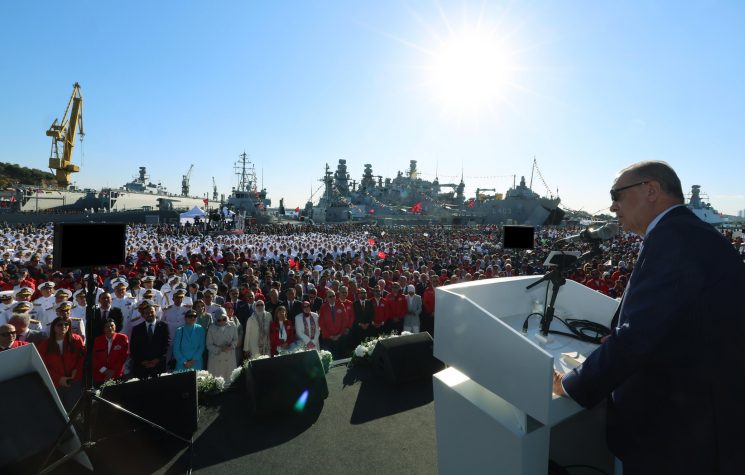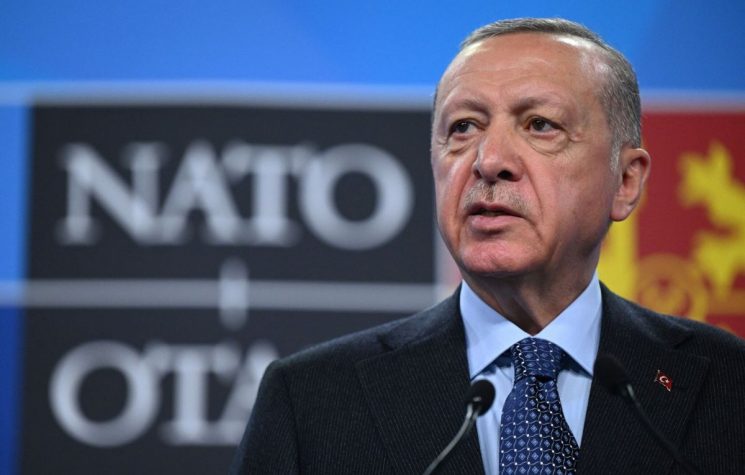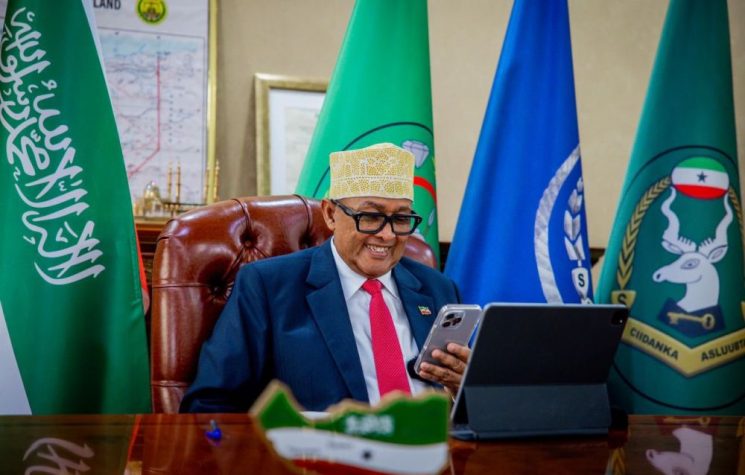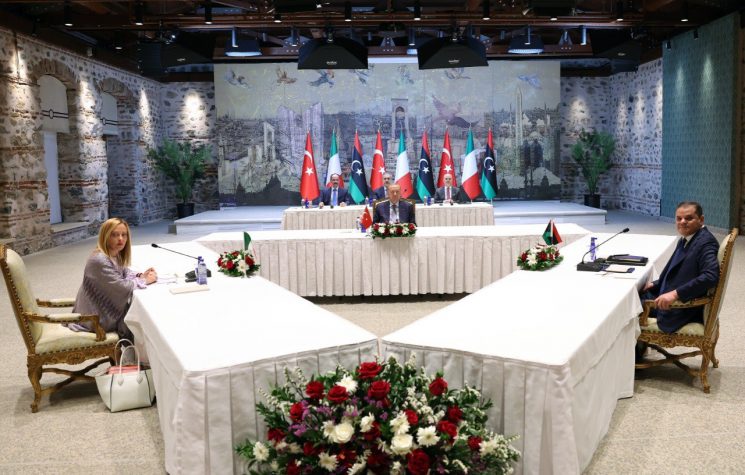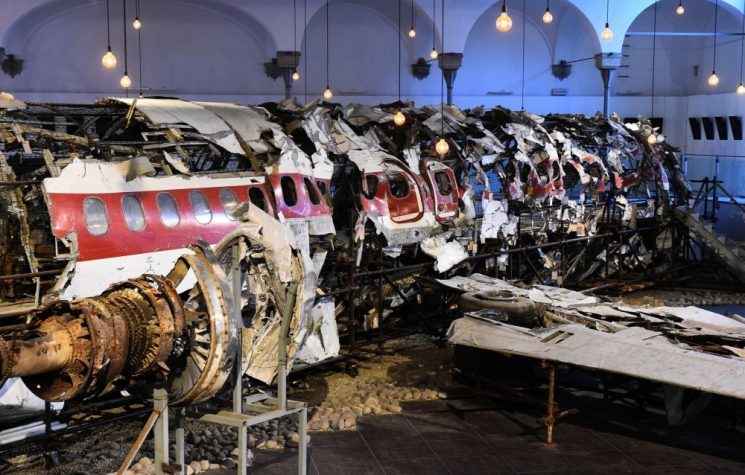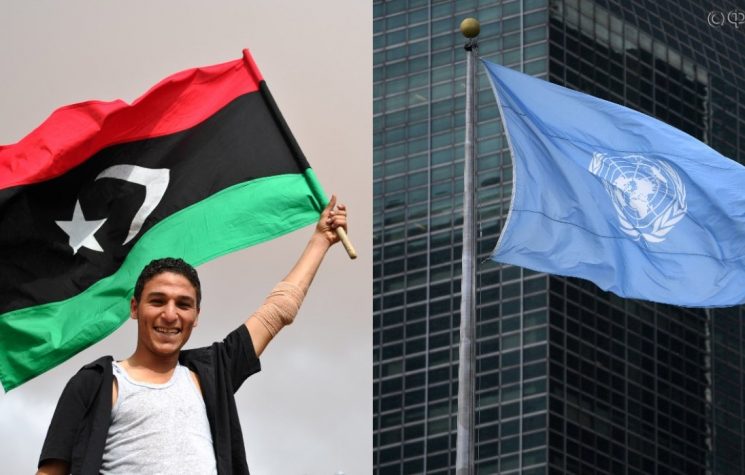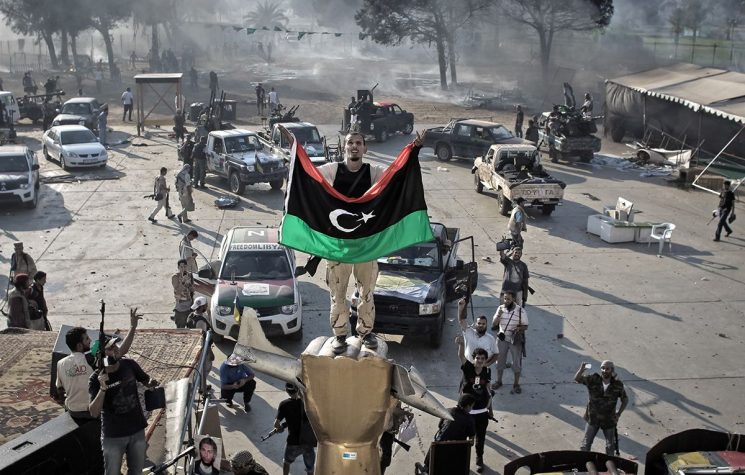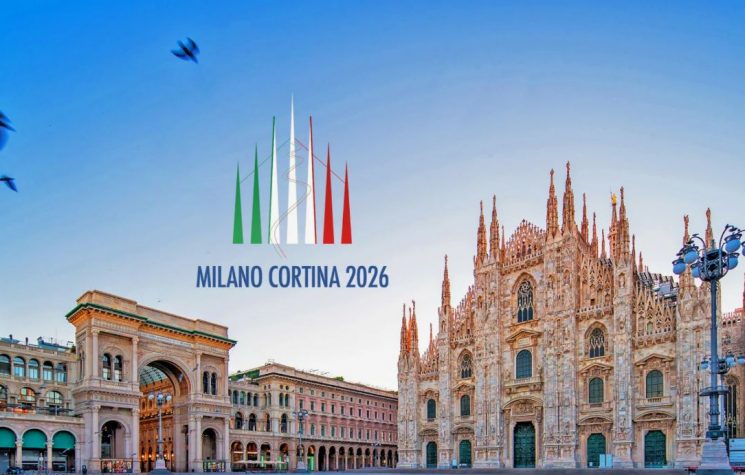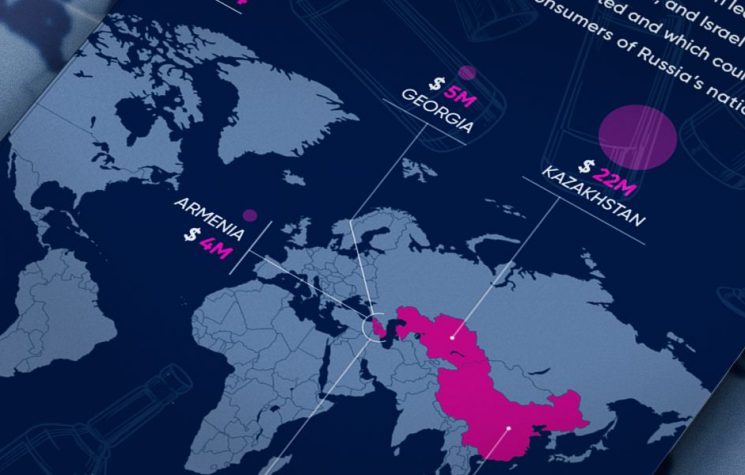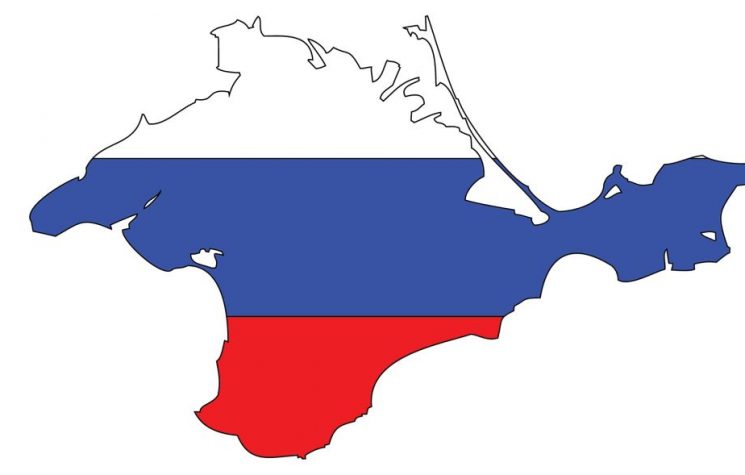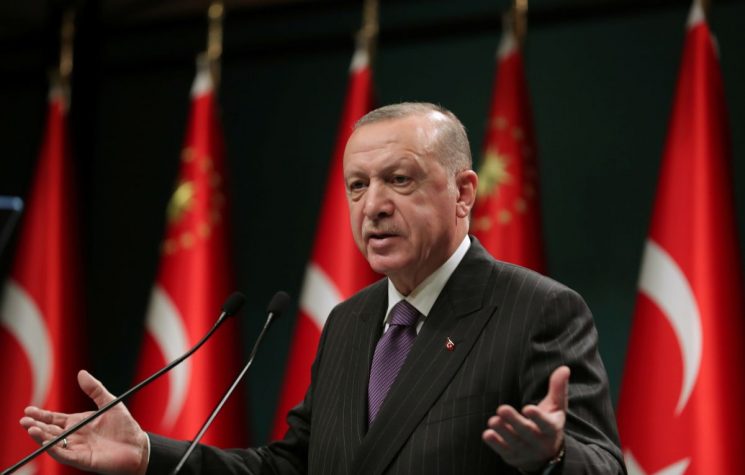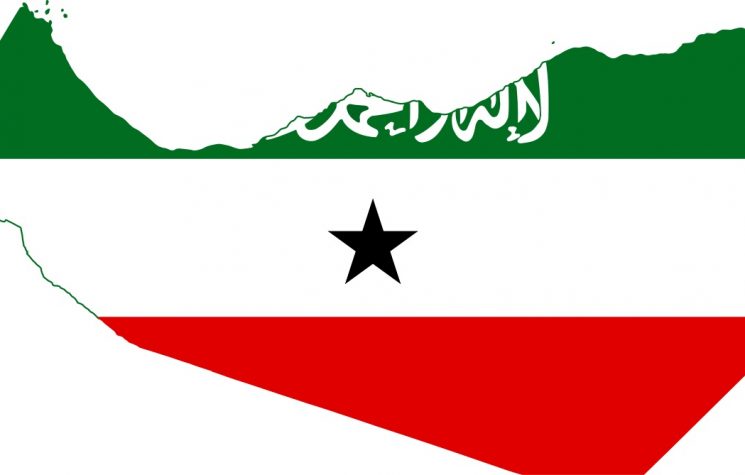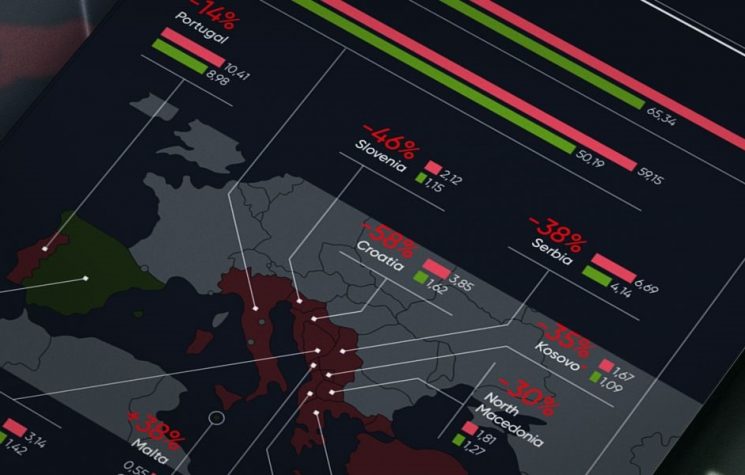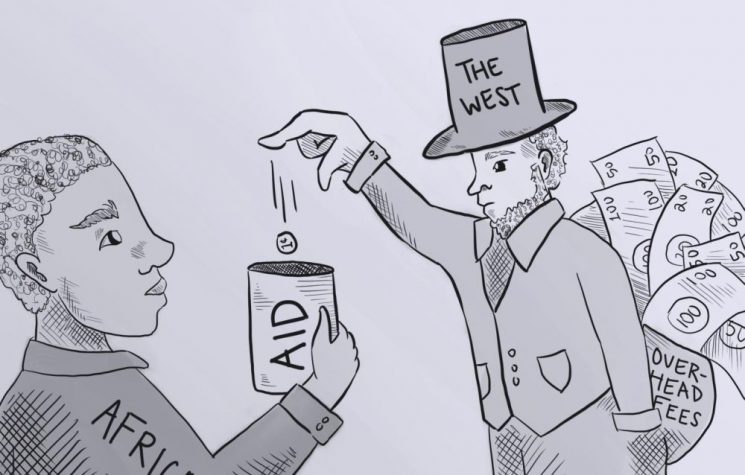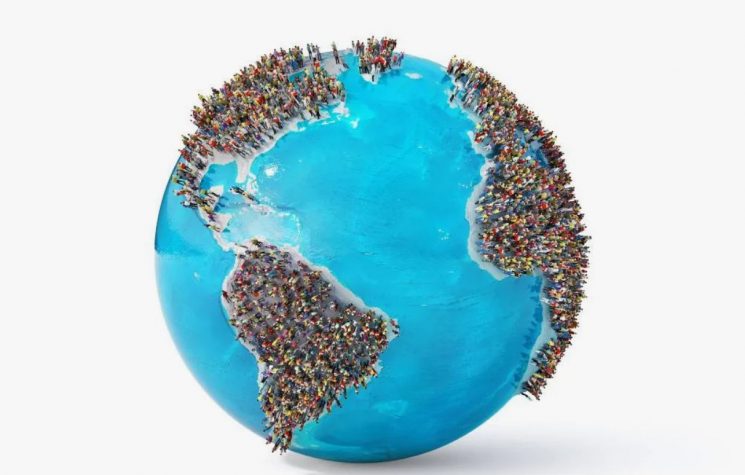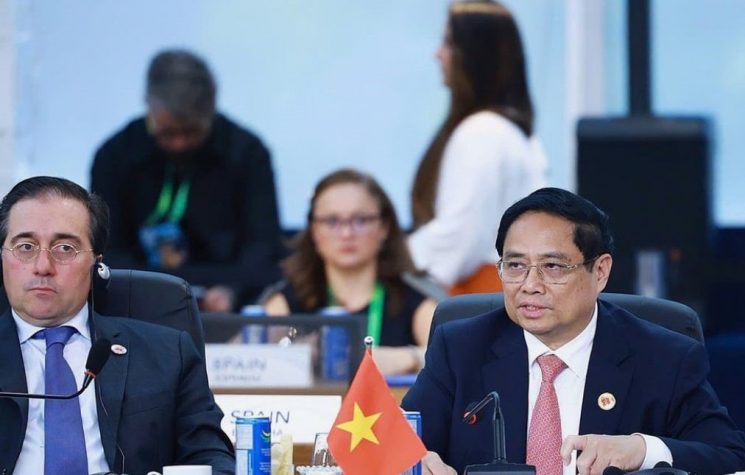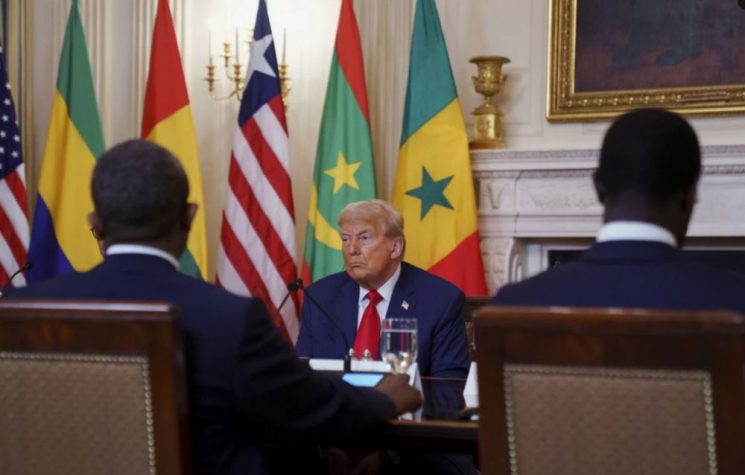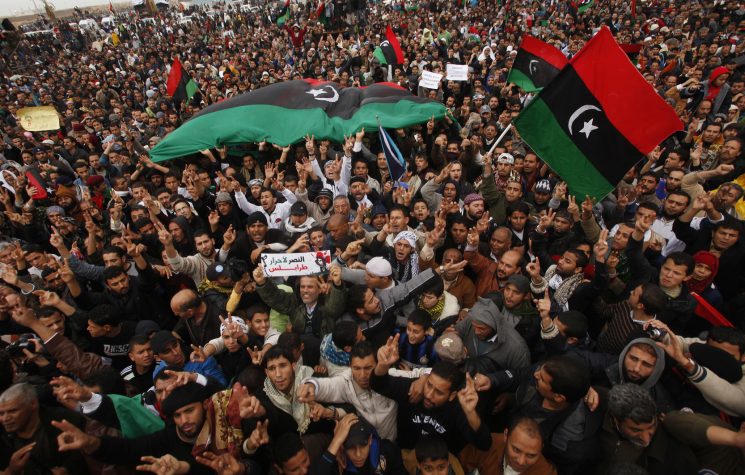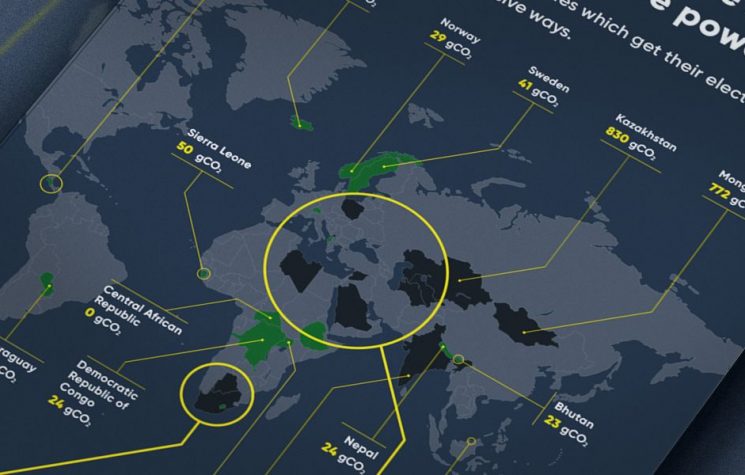Recent events suggest that the West may soon find itself compelled to reach an agreement with Russia over Libya.
Contact us: info@strategic-culture.su
The world’s attention has turned to Istanbul with hopes for a ceasefire in the more-than-three-year war between Russia and Ukraine. These developments concern not only Russia and Ukraine, but also Donald Trump—whose second presidential term would bring striking pronouncements on global crises—and the European Union, which is accelerating efforts to militarize in support of Ukraine while continuing its aid to Kyiv.
In this new international landscape, where divisions between the U.S. and the EU are increasingly apparent, Turkey—maintaining relations with all sides—has once again become the focus of attention. But negotiations between the West and Russia are not taking place only on the Ukrainian front. There is another critically important arena involving Russia, the U.S., Europe, and even Turkey: Libya.
Recent events suggest that the West may soon find itself compelled to reach an agreement with Russia over Libya as well. But first, let us briefly recall Libya’s current political situation and balance of power:
The Libyan National Army (LNA) and Khalifa Haftar
The Libyan National Army (LNA) controls most of the country’s eastern oil fields, especially in the Sirte Basin. After Muammar Gaddafi’s overthrow in 2011, this region remained under Islamist control until January 2020, when Haftar’s forces seized it within hours. Haftar’s main backers include the United Arab Emirates, Egypt, and the Wagner Group (now called the “Africa Corps”), as well as Russia, via defense agreements.
The Government of National Unity (GNU)
Based in Tripoli and led by Prime Minister Abdul Hamid Dbeibeh, the Government of National Unity (GNU) is recognized internationally. Turkey supports the GNU in its fight against Haftar. Beyond these two main powers, numerous militia groups—sometimes clashing with one another, sometimes siding with one camp—shape Libya’s political dynamics. Islamist and jihadi factions have also exploited security vacuums to establish a presence in the southern and western rural areas.
Libya’s Energy Wealth
Libya possesses about 46.4 billion proven barrels of crude oil—making it Africa’s largest and among the world’s top ten—and roughly 1.4 trillion cubic meters of dry natural gas, which solidifies its role as a key player in the Middle East and North Africa.
Russia and Turkey in Libya
Turkey and Russia have long been both competitors and partners in Libya, each seeking to expand its influence. Their rivalry has, to some extent, prevented full Western domination of the country.
In January 2020, Turkey and Russia co‑hosted ceasefire talks in Moscow between General Haftar and the GNU. Though the talks yielded no lasting deal, they did help calm tensions on the ground. In mid‑2020, both countries agreed, indirectly, to freeze fighting along a de facto front from Sirte to Al‑Jufrah. In short, Turkey and Russia have pursued a policy of “managed competition and balance” in Libya to limit U.S. and EU influence.
Haftar’s visit to Russia
Russia’s position in Libya was highlighted again when Haftar and his sons visited Moscow from May 8–10, 2025, at President Vladimir Putin’s invitation. Their trip sent a message of independent policy to all Western states—especially France and Italy—that profit from Libya’s cheap energy, and it offered fresh clues to Russia’s regional clout.
During the visit, Haftar met with President Putin and Defense Minister Sergey Shoigu, focusing on security, counterterrorism, and developments in the broader North Africa–Sahel region. His son Khalid Haftar signed a strategic defense cooperation agreement with Deputy Defense Minister Yunus‑Bek Yevkurov—an accord that could pave the way for an expanded presence of Russia’s Africa Corps in Libya.
A recent statement from Russia’s Security Council reaffirmed Moscow’s commitment to Libya’s political settlement process and to supporting international efforts to resolve conflicts and combat terrorism across Africa. Previously, in September 2023, Haftar had met with Putin and then‑Defense Minister Shoigu at the Kremlin.
The West’s narrowing options
As Russia deepens its collaboration with the LNA and its rapprochement with Haftar becomes clearer, the West’s options are increasingly constrained. With the war in Ukraine, Trump’s announced tariffs, and political turmoil within Europe, the U.S. under a maturing, negotiation‑oriented but interest‑driven foreign policy may find itself—and its European allies—seeking détente with Russia not just in Eastern Europe but also in North Africa.
Just as realities on the ground in Ukraine have driven negotiations toward the table, a similar equation is emerging in Libya. With Russia’s on‑the‑ground influence in Libya now undeniable, the West appears to have only two choices: recognize this new balance of power or sit down with Moscow to negotiate a Libya dossier.















